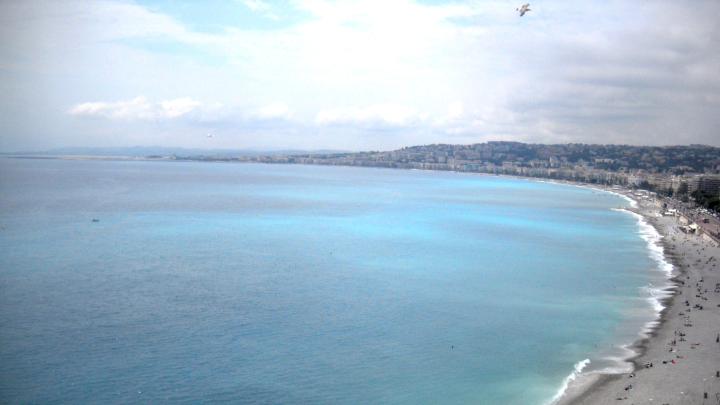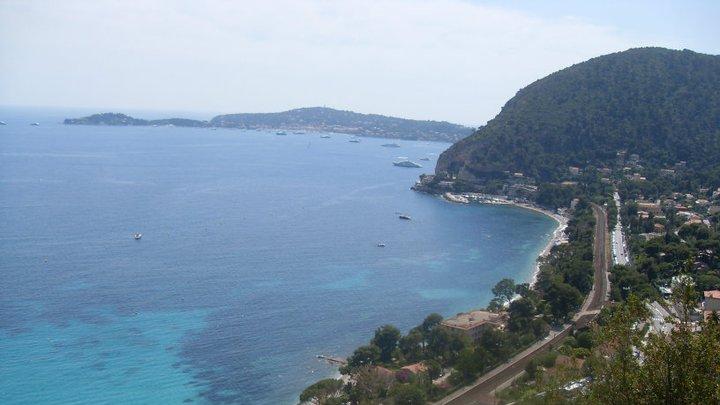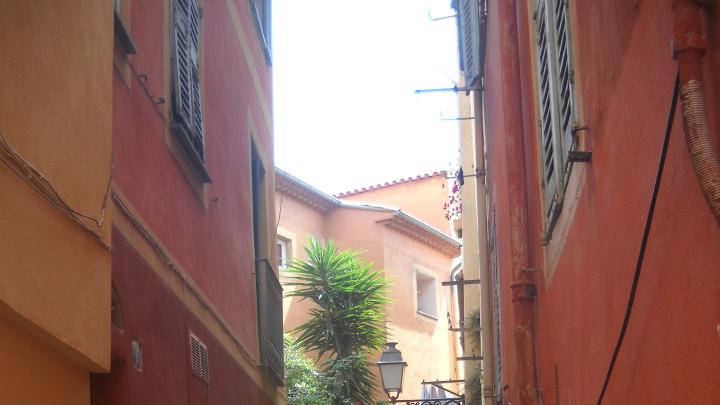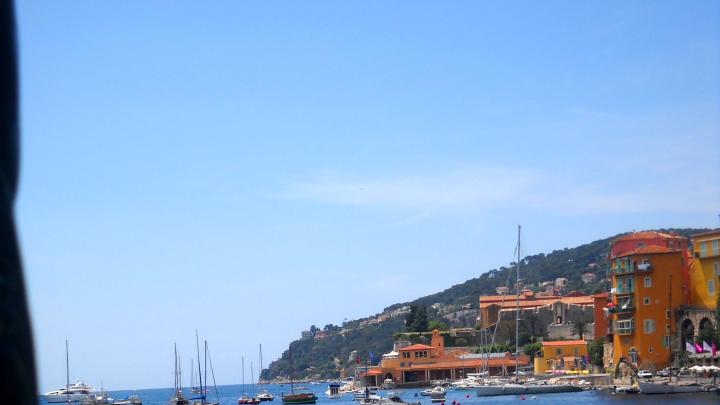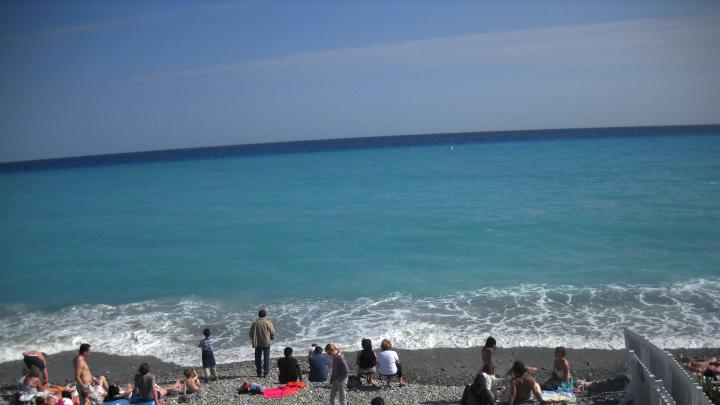The newspaper I internshiped, the Riviera Times in Nice, required I translate French for English. My English was fine, but hurdles challenged my French vernacular. When I spoke with accent or wrong grammar, people took me with less seriousness. My tongue was thorning me, hiding my past experience and top-notch work ethic from those in front of me.
Speaking on the phone was the most horrible. I would have to ask coworkers at first few tries for aid in my translation and correcting errors. I was a simple baby making silly noises, being cute, without communicating substance. Sometimes the substance I communicated to people was wrong.
In United States and France one can encounter many false friends. I am not writing over people who have two faces, but about cognates—words appearing the same for English and French but have two different meanings. It was not long before these cognates taught me an embarrassing lesson.
“It’s nice that the food here has no preservatives,” I said in French to French natives. But my mind did a trick on me. What I actually spoke was: “It’s nice the food here has no condoms.” Luckily, I was not near any important persons, only friends who laughed with my mistake. But that was not a unique incident.
Again and again my accent and grammar gave away my identity. I was thus dubbed l’américaine outside and inside the working environment. Speaking a different tongue in a country far away made crystal communication challenging. My pride was swallowed: if the knowledge acquired in my head could not be transferred, it had no value like rotten soil.
I felt broken.
But then, the light bulb clicked: accents and incorrect grammar do not need to limit or alter effective communication. True communication lies in sharing and comparing cultures, transferring ideas, and expanding minds. My multilingual journey overseas evoked the challenge one may face when encountering multicultural communication.
Working at the Crimson had provided me with good tools for crafting great journalistic stories, so my lack of French skills kept me from contributing to my maximum potential. But my primal skills did show me the critical importance of teamwork. I relied on other interns to help me with translating, understanding words, and writing stories.
And that is when the real communication began.
In and outside the workplace my German, English, French, and Nigerian co-workers and I began exchanging stories of culture, our universities, and food. Laughter became a daily occurrence during our on-the-whim French and English lessons. I no longer saw my less-than-perfect French as a barrier, rather as one of many tools to share personal experiences, listen to stories, and more importantly create inside jokes—my inability to pronounce the ü sound in French or German and their inability to pronounce squirrel.
Sometimes a beautiful confusion would arise over whether we should be speaking French, German, English, or any other language we all knew. But soon communication evolved beyond words— into using facial expressions and hand gestures to portray universal meaning. It mattered not what country we came from: when savoring a bite of fresh pizza, or delighting in a spoonful of flavorful gelato, our faces would all light up the same.
While engaging with others over food and laughter, I was also able to also learn about myself. I realized that transforming myself into the global citizen I wished to become would take more than hopping from country to country in the course of two months. It would take a lifetime of courage in opening myself to brokenness in the context of new environments, and of realizing that perfection is not needed to get the message across.
Many false friends can be found in any country, in any language. But many good friends can also be made. Sometimes you have to be broken to be rebuilt—and friends, even false ones, can be the tools you need.
